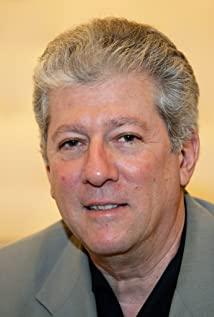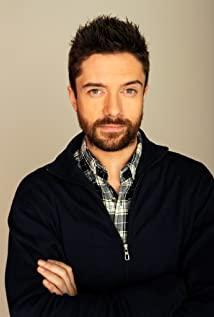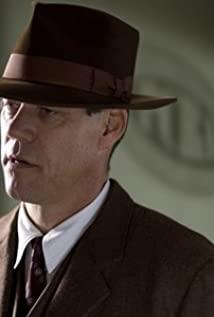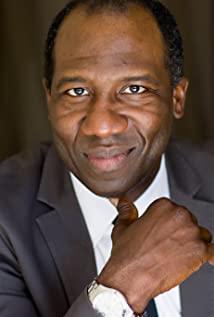View more about Traffic reviews
Declaration of War and Common Resistance
Belle 2022-03-21 09:01:27
-
Coleman 2022-04-20 09:01:21
The old man and the Jones family went into battle together... The segmented narrative of the three backgrounds and the open-ended ending are impressive. Personally, I feel that the things expressed are a little messy, the theme has not been sublimated, and drug trafficking and anti-drug will always be entangled In one place, should we save some people or give up some people~
-
Trystan 2022-03-23 09:01:28
Soderbergh's level is really average, and the branch is too unthemed. Douglas was also useless, and the reason for his final refusal to appoint is also unreasonable. The most disgusting thing is, did the fuck Douglas hook up with Zeta Jones because of this movie? fuck your mom
-
Jeff Sheridan: [to Robert] I know everyone that you're going to meet. I know what they want and why.
-
Robert Wakefield: Well you've done a fine job, General. The Office of National Drug Control Policy is in better shape than when you found it.
General Ralph Landry: I'm not sure I made the slightest difference. I tried. I really did.











